How can we help you?



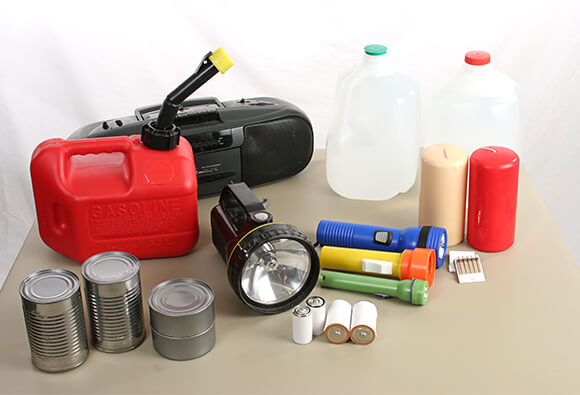
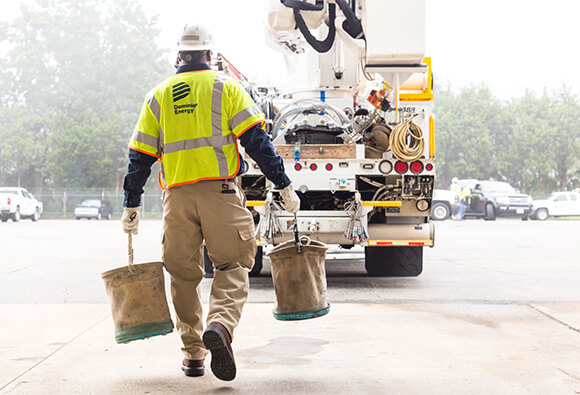
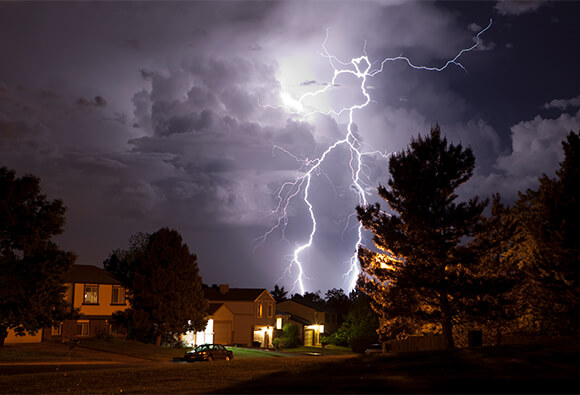
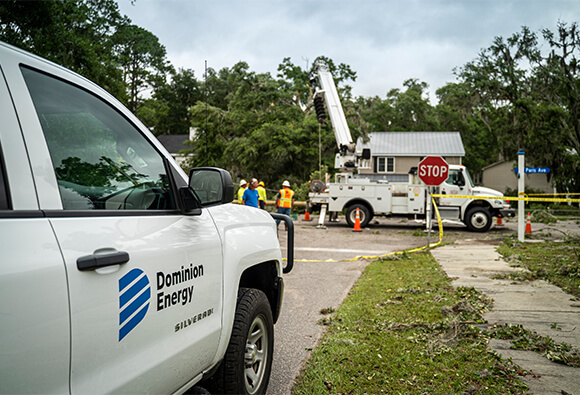
It is NOT necessary to turn off your natural gas service at the meter during a hurricane; and utility or emergency personnel should only ever turn off this valve. Underground pipelines are not normally affected – even in extreme storms – so gas service is rarely interrupted.
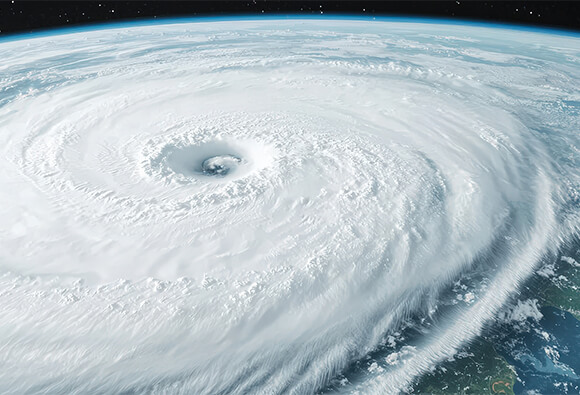
If you believe your home or business may become flooded to the point where the water could extinguish appliance pilot lights, you can turn off the appliance at the supply valve – typically located within six feet of the appliance. Valves typically turn in one direction and require only one-quarter of a turn to close.
Prior to a storm, familiarize yourself with the location of these supply valves. If any of your appliances or appliance valves have been submerged in water, do not try to relight your pilot. Instead, contact a qualified contractor to inspect before using.
If at you're home after an earthquake and smell a natural gas leak, leave immediately and leave the door open. If in a public building, leave through the nearest exit. Do not use any electric switch, telephone or cell phone, garage door opener or flashlight as they can cause sparks and ignite gas.
Do not start or stop nearby vehicles, machinery, or things that may spark. Do not smoke, use a lighter or strike a match. From a safe place, call 911 and Dominion Energy.
Viewing and paying your bill, checking energy usage and reporting outages is now easier than ever.